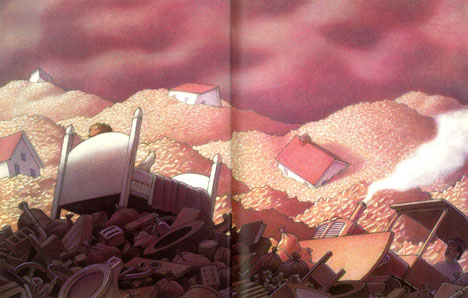Today in class, we talked about a new strategy that great readers practise on their own: asking questions. That is, wondering. Sounds simple enough, but it is important that children learn to practise this skill so that it becomes automatic.
Readers should ask thoughtful questions before they read, while they read and after they read. Questions can start with statements like:
– I wonder….
– Why…
– How…
– Will…
– Does…
– When, where, who, what….
As a class, we discussed why asking questions is important and makes us better readers: Asking questions helps keep our head in the book (engage); it makes us speculate about text yet to be read (predict); it helps us identify when we’re understanding or not understanding (monitor our comprehension); and it helps us focus on specific components or aspects of a text (recall facts and details). In short, the more you wonder, the more you can learn!
Tonight, children are asked to focus on asking questions while they read. They will bring home a new reading strategies bookmark for their kit. When they practise asking questions, it is useful to use sticky notes to record them. Later on, they can refer back to them and see if they are able to answer their questions. Some answers will be found directly in the text, other answers may need to be inferred.
Here is an example of a book we used in class today to practice asking questions. The book is called “Just a Dream” by Chris van Allsburg.
Before we started reading, children asked questions like “How did his bed get into the tree?“; “Is this a sad story?“; “Why is everything in the picture a different shade of green?” and “I wonder if what happens to him is real or a dream.”
While reading, children asked questions like “Why is the future so dirty?” and “Is the tree he landed in Rose’s tree?” and “Is he actually going to the real future or is he dreaming of the future?”
Lastly, when we ended the book, we realized that the story left us with more questions. Questions that we are wondering, but can’t necessarily find the answer to in the text:
“Is the man mowing the lawn the future ‘Walter?’” “What will the future be like for us?” and “What are some things we could do now to protect the future?”
I encourage you to practise this reading strategy when you are sharing a book with your child. Questions can become excellent talking points.
Happy reading!



